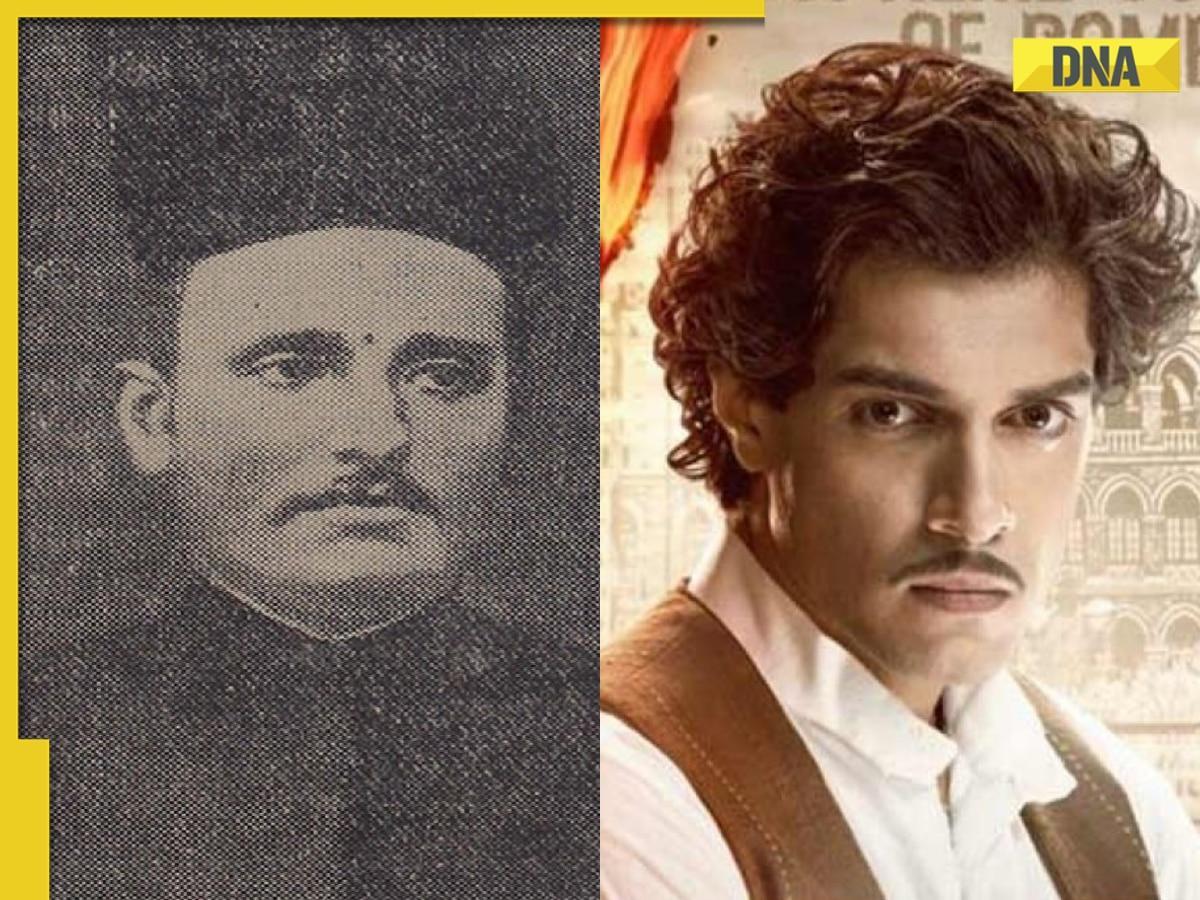
Last Friday, Netflix prepared a surprise release of Maharaj, a debut film of Aamir Khan’s son Junaid. The decision to launch the film without any prior promotion – no trailer, no teaser, no interviews – raised eyebrows. However, just as the film was about to make its debut, the Gujarat High Court blocked its release following protests from certain Hindu organizations. Despite the controversy surrounding the film, it is based on a historical event from over 160 years ago – the Maharaj Libel Case, a landmark episode in Indian legal history. In this movie, Junaid Khan takes on the role inspired by Karsandas Mulji, a pioneering journalist and social activist.
Karsandas Mulji, who was he, and why was he praised by PM Narendra Modi? Born in 1832 into a merchant family in Gujarat, Karsandas Mulji’s early life saw him traveling to London as part of his family’s business affairs before he settled in Bombay during the 1850s. In Bombay, Mulji began contributing articles to magazines like Rast Goftar and Stribodh, which predominantly catered to Parsi readers. Finding these channels limited, he went on to establish a Gujarati weekly named Satyaprakash, with the assistance of Mangalbhai Naththubhai. Karsandas Mulji was a progressive thinker who used his platform to criticize various social and religious customs, including the issues surrounding female education and the extravagance involved in wedding celebrations.
In 2010, while serving as the Chief Minister of Gujarat, Narendra Modi commended Mulji for his journalistic and reformist efforts. “Social reformist and journalist Karsandas Mulji’s newspaper too was titled Satya-Prakash. Gujarat has accepted the path of truth as its weapon to fight all forms of injustice, neglect, and those who try to defame us. Saanch ne ave na Aanch, Satya Chhapre Chadi ne Pokarshe, Satya No Jay (There is no ignominy in speaking the truth. Truth will out. Truth triumphs),” PM Modi had said in his Independence Day address that year.
One of the most notable episodes in Karsandas Mulji’s career is his confrontation with the Pushtimarg sect, also known as the Vallabhacharya Sampradaya.
. In 1861, Mulji published a provocative article titled Hinduo No Asli Dharam Ane Atyar Na Pakhandi Mato (literally ‘The True/Original Religion of the Hindus and the Present Hypocritical/Phoney Opinions’). This article questioned the legitimacy and values of the Pushtimarg sect, suggesting that its leader Jadunathji Maharaj manipulated followers into offering their wives for sexual relations. This bold accusation did not sit well with the sect, which promptly filed a defamation lawsuit against Mulji and his publication in the Bombay High Court.
The Maharaj Libel Case quickly spiraled into a national sensation. Over six weeks, 64 witnesses testified, turning the courtroom into a hotbed of public interest and controversy. Eventually, the court ruled in favor of Mulji, acknowledging that he was fulfilling his duty as a journalist by exposing the misdeeds of a religious leader. The landmark decision underscored the importance of journalistic integrity and press freedom, marking Karsandas Mulji as a prominent figure in India’s journey toward social reform.
Following the court’s decision, Karsandas Mulji was celebrated by the press and liberal thinkers. Many began to refer to him as the ‘Indian Luther’ in comparison to Martin Luther, the seminal Christian reformer. Despite the newfound fame, by 1862, Mulji had decided to withdraw from journalism, shutting down Satyaprakash. His career took a different turn in 1874 when he was appointed as an administrator of a princely state in Kathiawar. Unfortunately, his life was cut short, and he passed away just a year later in 1875 at the age of 43.
The story of Karsandas Mulji is significant not only because of his contributions to journalism and social reform but also because of its relevance today. The controversy surrounding the film Maharaj demonstrates the ongoing struggles around freedom of expression and the challenges faced by those who dare to question entrenched systems of power. As the debate continues, the legacy of Karsandas Mulji serves as a poignant reminder of the enduring power of truth and the sacrifices made by those who pursue it.
For more news and updates on this story and others, download the DNA app available on the Google Play Store and share your feedback with us.












